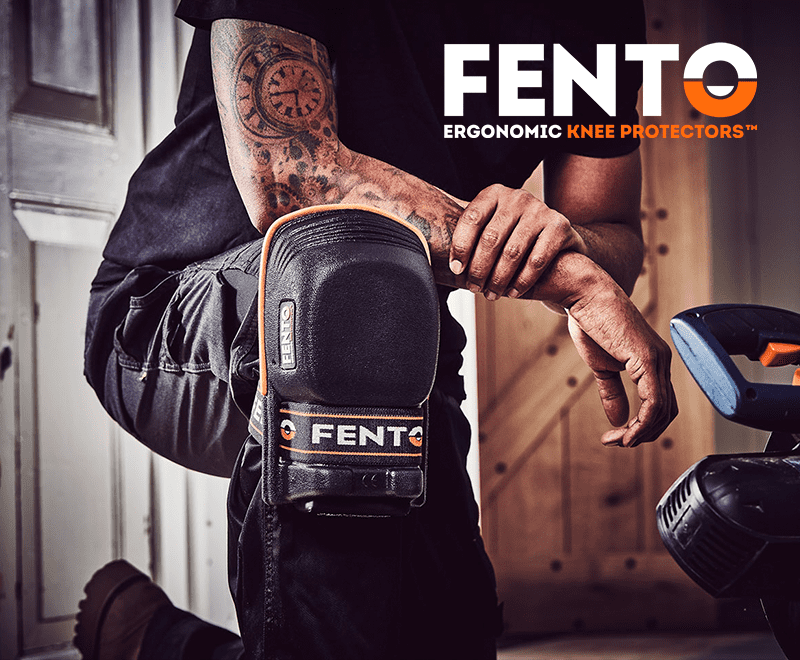Cementitious grout is the weakest part of a tiled surface as it is prone to deteriorate as it ages allowing mould, fungi, and bacteria to grow. There are various ways to limit the growth of such micro-organisms, although some of them bring about other problems.
The use of chemical, anti-fungal and bactericide substances in the formulation of products for the building industry can lead to a wide range of diseases and dysfunctions depending on the active principle used. Several of these substances, which to all intents and purposes are common pesticides, have been classified as potential carcinogens based on their inherent toxicity and tendency to migrate and enter the atmosphere. While their use in farming is very strictly regulated, there is no similar regulatory system governing their use indoors, although it is where most people are exposed to them.
In line with its B Corp commitments to safeguard the environment and the people that come into contact with its products, Kerakoll says it tackles the growth of micro-organisms by pursuing alternative, natural methods. The company worked with researchers in the Microbiology Department of the CSTB (Technical Scientific Centre for Construction) in France to identify a way of using NHL (natural hydraulic lime) to provide permanent resistance to the growth of bacteria and fungi.
Samples of Fugabella Color, Kerakoll’s resin-cement grout range were reportedly tested by the CSTB and found to be B+, that is not to allow growth of either bacteria whether the grout is clean or dirty, making them a natural alternative to anti-bacterial treatments, as well as resistant to fungal contamination.
The grout is also said to be water-resistant, not subject to efflorescence and resistant to attack by aggressive chemicals and staining from household substances, making it easy to maintain clean, hygienic surfaces.
Please contact the company for more information on this and other Kerakoll products.
www.kerakoll.com
[email protected]
01772 456 831









